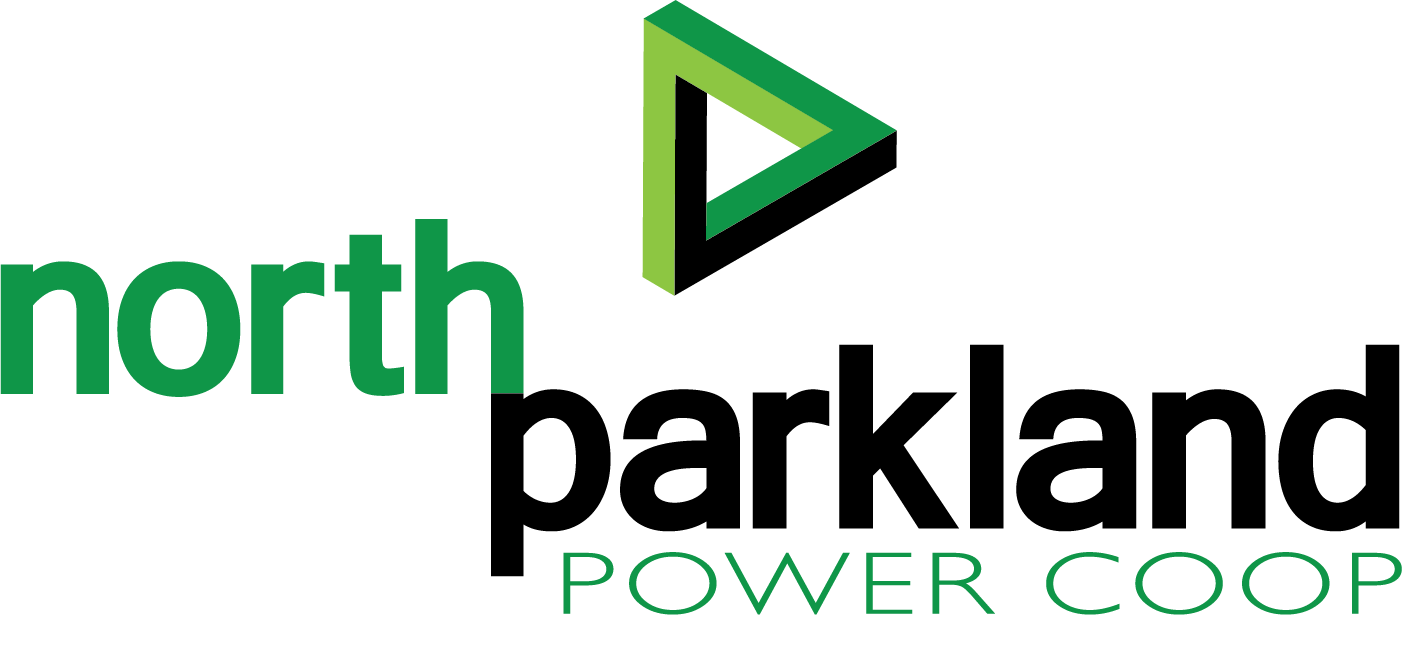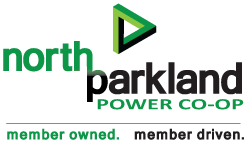ENERGY SAVINGS
LOOKING FOR WAYS TO SAVE ON YOUR ELECTRICITY BILL?
List of Services
-
SUMMER TIPSItem Link List Item 1
- Try decreasing your air conditioner temperature. Even 2 degrees higher could mean significant savings, and you’ll probably not notice the difference.
- While away from your home keep central air conditioner usage to a minimum, or even turn the unit off.
- Consider installing a programmable thermostat. By adjusting the temperature by a few degrees to match your schedule will save money while staying comfortably cool.
- Annual maintenance on your air conditioner will maximize its efficiency . Make sure your service person checks the condenser coils, the evaporator coils, the blower wheel, the filter, the lubrication and the electrical contacts.
- Replace air conditioner filters every month for maximum benefits. Dirty filters restrict airflow and can cause the system to run longer, increasing its energy use.
- Ensure that you have adequate insulation. Insulation is designed to keep heat out during the summer and to keep heat in during the winter. Adequate insulation can more than pay for itself in just a few years, in money saved on air-conditioning and heating operation.
- Make sure your attic has adequate ventilation. Attic temperatures sometimes top 140 degrees during the summer months. Good attic ventilation will lower the temperature and reduce cooling requirements in your home.
- Shade your windows, particularly on the east and west sides, with awnings, solar screens, or shutters. Trees and shrubs that shade your home also help to reduce the air-conditioning workload. Venetian blinds or drapes are helpful, as well.
- If you close your fireplace damper during the summer, you will save on your cooling bills. Installation of a glass fireplace screen will also help prevent air from escaping up the chimney.
- Leaking ductwork can account for 25 percent of cooling costs in an average home, so have your ducts tested and have any leaks or restrictions repaired by a qualified contractor.
-
WINTER TIPSItem Link List Item 2
- By using a programmable thermostat and lower your temperature at night and when you leave in the morning by a few degrees, you can save up to 10% on your heating bill.
- Home insulation is the number one cause of heat loss in a home. Check your attic to ensure adequate insulation by measuring its thickness. You should have at least 7″ of insulation (or R22). Also check the seal around your outside doors for drafts. Replace the seal if necessary.
- Clean your furnace filter every month for greater efficiency. A dirty filter will cause your furnace to run more often.
- With the seasonal holidays brings the use of indoor and outdoor holiday lights. Install timers on your outdoor lights to ensure you are not using more energy than needed if you forget to turn them off at night.
- Buy LEDs light bulbs, which can provide over 90% energy savings, compared to traditional light bulbs. They are durable and rated for a 10-year life. They also produce lower heat compared to conventional bulbs. They can be use both for indoor and outdoor.
- By placing a plastic film over windows that are drafty or regularly have ice build up on them is a cost effective way to reduce heat loss.
- Use a block heater timer during cold nights. Vehicles only require 4 hours before you plan to use your vehicle. Wind chill does not play a role in temperatures for block heaters.
-
SAVE WHEN COOKINGItem Link List Item 3
- Make sure your oven door closes tightly.
- Use a microwave rather than conventional oven, when possible. Nothing is more energy efficient for cooking than your microwave. It uses two-thirds less energy than your stove.
- Keep the center of the pan over the element, and keep the lid on when cooking on the stovetop.
- Only boil the amount of water that you need-just ensure there is enough water to cover the heating element. Turn the element or electric kettle down as soon as it reaches the boiling point.
- By using kitchen and bathroom exhaust fans to remove excess heat and moisture, you may save each month on your overall cooling bill.
-
SAVE ON YOUR APPLIANCESItem Link List Item 4
- Defrost your fridge regularly. When ice builds up, your freezer uses more electricity. If it frosts up again quickly, check that the door seals are strong and intact.
- If possible, don’t place the fridge next to the oven or other hot appliances. Also, make sure there’s plenty of ventilation space behind and above it.
- Keep the fridge at 5°C and the freezer at -17°C. Empty and then turn off your fridge if you go on a long vacation (but make sure you leave the door open).
- Aim to keep your fridge at least three-quarters full to maintain maximum efficiency. A full fridge keeps it from warming up too fast when the door is open, so it won’t have to work as hard to stay cool.
- Avoid putting warm or hot food in the fridge or freezer, as it requires more energy to cool it down.
- Unplug or recycle that spare refrigerator in the garage if you don’t really need it.
- Although energy-efficient appliances sometimes cost more initially, any extra cost can often be made up by the additional savings on your utility bill. One way to look at whether purchasing energy-efficient appliances makes sense for you is to think of the appliance as having two price tags. The first price tag is the price that you will pay to purchase the appliance. The second “price tag” is the cost to operate the appliance over its lifetime. When both are considered, what seemed like a good deal in the store may end up costing you a bundle over time.
-
SAVE ON YOUR LAUNDRYItem Link
- Wash full loads of laundry. You will use your machine less often, saving time, and it’s more energy-efficient.
- Wash at a lower temperature, or the economy setting, to save even more.
- When possible, wash clothes in cold water. About 90% of the energy used in a clothes washer goes to water heating.
- Use the spin cycle, and then hang washing out rather than tumble drying. Not only will you save energy, your clothes and linens will smell fresher!
- Make sure your dryer’s outside vent is clear, and clean the lint filter after every load. When shopping for a new dryer, look for one with a moisture sensor that automatically shuts off when clothes are dry.
- If you need to tumble dry, try a lower temperature setting.
- Use your dryer for consecutive loads, because the built-up heat between loads will use less energy.
-
HOT WATER SAVINGSItem Link
- Check your hot water temperature. It does not need to be any higher than 140°F.
- Turn your water heater down to 120° or the “Normal” setting when home, and to the lowest setting when away.
- Use a timer to make sure the heating and hot water are only on when needed.
- Insulate your hot water pipes to prevent heat loss, and your water will stay hotter for longer. Plus, you will also use less energy to heat it. By simply fitting a jacket onto your hot water tank can cut waste by up to 75%.
- Showers are better-a bath consumes 5 times more hot water. Purchase a low-flow showerhead for more efficiency and it will pay for itself in no time.
- Avoid washing dishes under hot running water, and do not pre-rinse before using the dishwasher.
- Your dishwasher uses less water than washing dishes by hand. Let dishes air-dry to save even more!
- Repair dripping hot water taps immediately.
- Make sure hot water taps are always turned off properly.
-
SAVING ON INDOOR LIGHTINGItem Link
- Get into the habit of turning lights off when you leave a room.
- Use only one bulb for light fittings that have more than one socket, or replace additional bulbs with a lower wattage version or energy-saving light bulbs. These can last up to ten times longer than a normal bulb and use significantly less energy.
- A single 20 to 25watt, energy-saving bulb provides as much light as a 100watt, ordinary bulb.
- Consider three-way lamps; they make it easier to keep lighting levels low when brighter light is not necessary.
- Consider using light colored wall paint to minimize the need for artificial lighting.
- Use tungsten halogen bulbs for spotlights-they last longer and are up to 100% more efficient.
- Use high frequency fittings for fluorescent tubes because they cut flicker and are even more efficient than energy-saving light bulbs. They are suitable for kitchens, halls, workshops and garages.
-
SAVING ON OUTDOOR LIGHTINGItem Link
- Change decorative outdoor lamps. About 8 decorative outdoor natural gas lamps, burning year-round, use as much natural gas as it takes to heat an average-size home during an entire winter.
- Use outdoor lights with a timer, photocell unit or a motion sensor so they will turn on only at night or when someone is present.
- A combined photocell and motion sensor will increase your energy savings even more.
-
CONSIDER THE COSTItem Link
- An appliance’s life-cycle cost is the most realistic measure of its true cost, because it takes into account the purchase price and the operating cost.
MAILING ADDRESS:
PO Box 509
Thorhild, AB T0A 3J0
OFFICE ADDRESS:
600 – 2ND Avenue
Thorhild, AB T0A 3J0
OFFICE HOURS:
Monday – Thursday
8:00AM - 4:30PM
Friday
8:00AM - 4:00PM
Closed for Lunch
12:00PM-12:30PM
Closed for Statutory Holidays
member owned.
member driven.
© 2025
All Rights Reserved | North Parkland Power Co-op
WEBSITE DESIGN BY KRE8TIVE AGENCY


